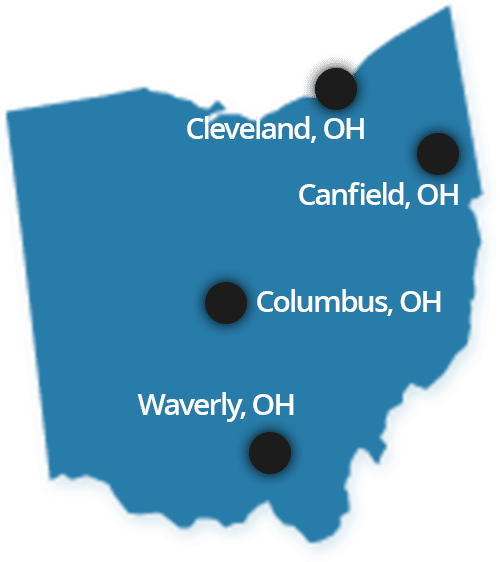It’s painful to report and to to even talk about, but nursing home abuse is a serious issue that we must all be on the lookout for.
Physical and psychological abuse and neglect are increasingly commonplace in US nursing homes, and Ohio is sadly no exception. As awareness of that disturbing trend grows, there is still an aspect many people remain unaware of: sexual abuse of the elderly and disabled in nursing homes and assisted living facilities.
While this type of abuse is unthinkable for most of us, it is a reality, and one we must all be aware of if we are to protect our elderly and disabled loved ones. Some recent examples of sexual assault and other alleged sexual abuse in Ohio residential care facilities include:
- Earlier this year, a family sued a Cuyahoga County nursing home after a 30-year-old employee engaged in sexual conduct with a 68-year-old female patient who was suffering from dementia. Although the worker initially denied the allegations and claimed that he had been changing the woman’s diaper, he ultimately entered a guilty plea to felony sexual battery and felony gross sexual imposition.
- In April, a 62-year-old employee was charged with rape in connection with the alleged sexual assault of an 84-year-old resident at a Mansfield assisted living facility.
- A nurse admitted to police that he had sexually abused nearly 100 residents in facilities in and around Sandusky across decades, though he was only able to provide specific information about approximately two dozen. At least one of the alleged victims was partially paralyzed, and others were unable to communicate.
- Failure to protect residents from physical and sexual abuse was among the reported violations at an Ohio nursing home identified as a “special focus facility” due to serious quality of care issues.
Unfortunately, these incidents are far from isolated. Sexual abuse in nursing homes has not been well documented, and there is no comprehensive and reliable data readily available. However, an in-depth investigation by CNN in 2017 revealed that more than 1,000 nursing homes have been cited by the federal government for mishandling suspected cases of sexual abuse. Of these, 226 involved citations for failure to properly protect nursing home residents from substantiated sexual abuse incidents.
Signs of Possible Sexual Abuse
While it is important to be alert to any irregularities or signs of potential problems in the elderly and disabled, the issues listed below are red flags for possible sexual abuse:
- The presence of a sexually transmitted disease
- Redness, inflammation, or bruising of the genital area
- Bruising of the inner thighs
- Anxiety or panic attacks
- Blood or discharge in the underwear or on bedding
- Difficulty walking
- Apparent difficulty or pain when sitting
- A change in interaction with a particular staff member or resident, or with others generally
It is important to note that while many incidents of nursing home sexual abuse involve staff, sexual abuse also occurs at the hands of other residents. Those cases many involve willful acts of abuse, or may be the result of residents with their own cognitive deterioration, Alzheimer’s disease, or other challenges not being properly supervised.
Help for Victims of Nursing Home Sexual Abuse
If you suspect that your loved one has been sexually abused in a nursing home or assisted living facility, take swift action. All too often, sexual abuse goes unnoticed–or worse, is swept under the rug when identified. Your loved one is counting on you to investigate, and to protect her or him from any abuse that may be occurring.
Of course, every situation is different. For example, your investigation may differ based in part on how able and willing to communicate about the issues your relative is. Identifying and acting on sexual abuse is especially difficult when the elderly or disabled resident is confused, has memory problems, or has difficulty in communicating. Unfortunately, predators are well aware of those challenges, and may target residents who are unlikely to be able to clearly and convincingly report their actions. Often, the best starting point is to have your loved one examined by an outside physician who has no connection to the facility.
Taking the next steps can be frightening, particularly when your loved one requires nursing home care, and so it is not a simple matter to remove him or her from the facility. An experienced nursing home abuse attorney like the ones at Plevin and Gallucci can lay out your options for you and help you decide how to proceed in the best interest of your loved one.
If you believe that your elderly or disabled relative has been abused in a nursing home or assisted living facility, a free consultation may be just what you need to help define your next steps. You can schedule yours right now by calling 855-475-3846 or filling out the contact form on this site.

